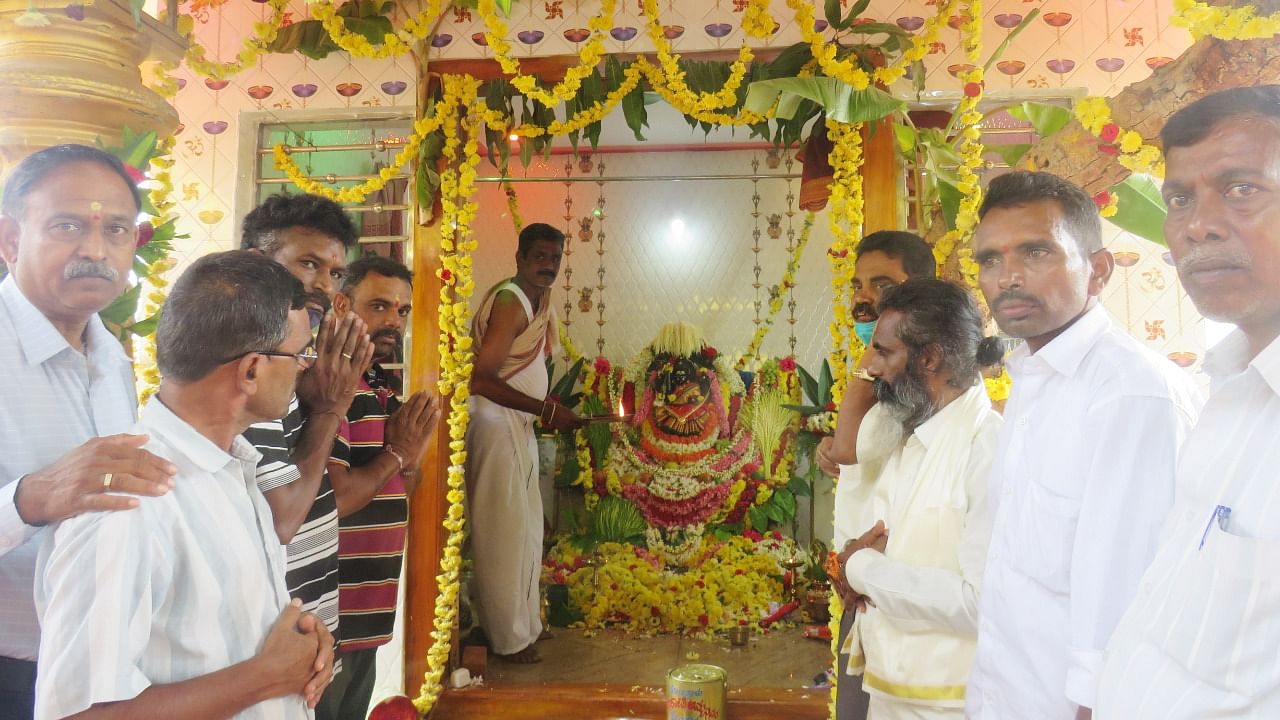
The DMK government in Tamil Nadu has taken a major progressive step by appointing a batch of non-Brahmin priests in temples managed by the state government.
Chief Minister M K Stalin issued appointment letters to 24 non-Brahmins as priests and a woman as an odhuvar (singer of sacred hymns) recently, and they have started working. The priests have been selected from all backward communities, including scheduled communities, which have traditionally not been considered eligible for priesthood. The idea of appointing non-Brahmin priests in temples is not new and had been actively considered in the past.
The then Karunanidhi government had taken a decision in 2006 and a number of archakas have been trained in government centres since 2007. But the appointments could not be made because of legal issues. The Supreme Court upheld the decision in 2015. Though one or two appointments were made later, it is only now that the government is taking the matter seriously and going beyond token gestures.
The appointments are a culmination of the struggle for social justice and equal treatment for all communities. The demand for priesthood rights for all communities has been an important part of the social justice movement of the last century. Backward communities and Dalits were not even allowed entry into temples. Justice and equality demand that everybody should have the right to worship and do priesthood in temples, irrespective of caste and community divisions. Priesthood has been a monopoly of Brahmins. But there is no right reason for this. The idea that other communities are not entitled to do priesthood is as wrong and untenable as other retrograde social customs like untouchability. The profession needs to be democratised and everyone who has the inclination and skill required to do priesthood should have the right and opportunity for that.
There is opposition to the idea from the conservative sections of society. There are also threats of legal action. But the Tamil Nadu government has done well to state that it will stick to the decision and will not be deterred by the opposition that arises from orthodoxy and vested interests. The opposition and the reservations among some sections will vanish over time. Progressive and pioneering measures usually take time for acceptance.
The Kerala government had also taken a similar step by appointing 36 non-Brahmins as priests in temples in 2017. The Karnataka government should also do so. Former CM Siddaramaiah had said that the state government was ready to appoint non-Brahmin priests in muzrai temples. The Bommai government should do so as it is an important measure of social justice and equality.
Check out the latest DH videos: